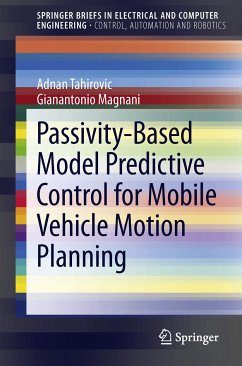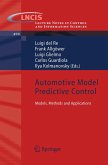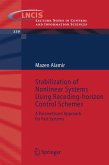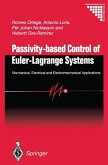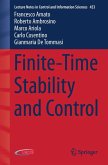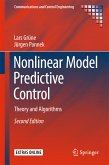. how to use an MPC optimization framework for the mobile vehicle navigation approach;
. how to guarantee safe task completion even in complex environments including obstacle avoidance and sideslip and rollover avoidance; and
. what to expect in the worst-case scenario in which the roughness of the terrain leads the algorithm to generate the longest possible path to the goal.
The passivity-based MPC approach provides a framework in which a wide range of complex vehicles can be accommodated to obtain a safer and more realizable tool during the path-planning stage. During task execution, the optimization step is continuously repeated to take into account new local sensor measurements. These ongoing changes make the path generated rather robust in comparison with techniques that fix the entire path prior to task execution. In addition to researchers working in MPC, engineers interested in vehicle path planning for a number of purposes: rescued mission in hazardous environments; humanitarian demining; agriculture; and even planetary exploration, will find this SpringerBrief to be instructive and helpful.
Dieser Download kann aus rechtlichen Gründen nur mit Rechnungsadresse in A, B, BG, CY, CZ, D, DK, EW, E, FIN, F, GR, HR, H, IRL, I, LT, L, LR, M, NL, PL, P, R, S, SLO, SK ausgeliefert werden.

